Mixed doubles Tennis insights
The unique allure of tennis doubles mixed at Grand Slam tournaments encapsulates a thrilling blend of men’s and women’s play styles, creating a spectacle that captivates tennis enthusiasts worldwide. This format, not merely a test of skill but also of strategy, invites players from both genders to combine their strengths in pursuit of the prestigious…
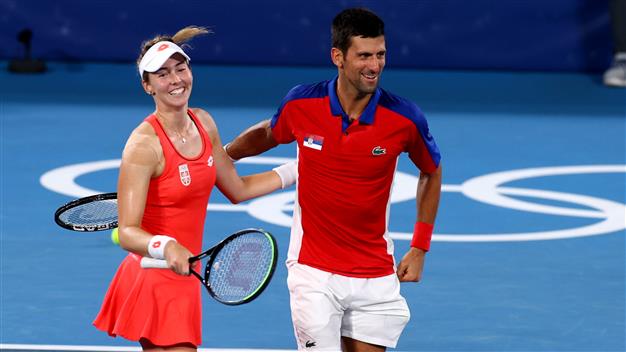
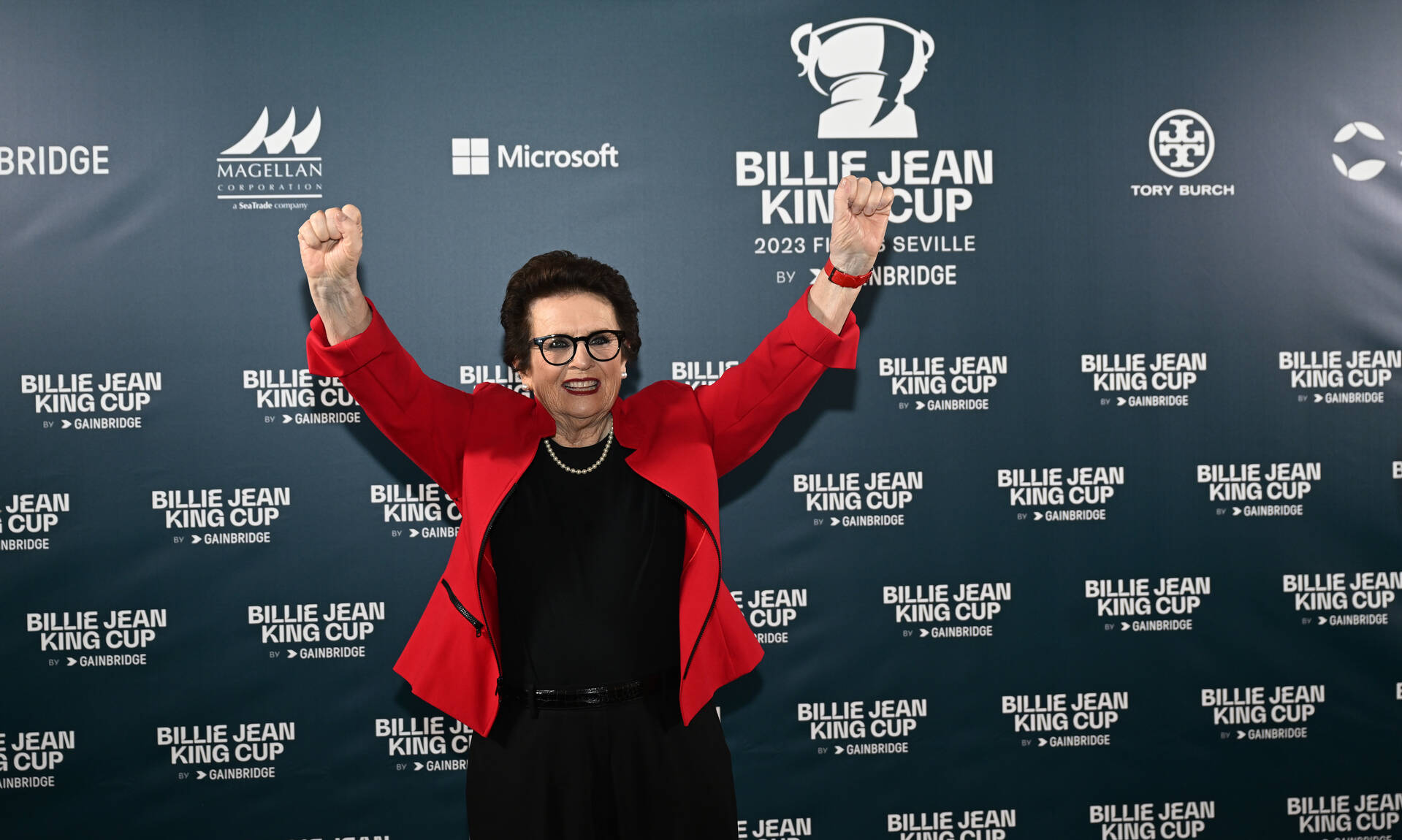
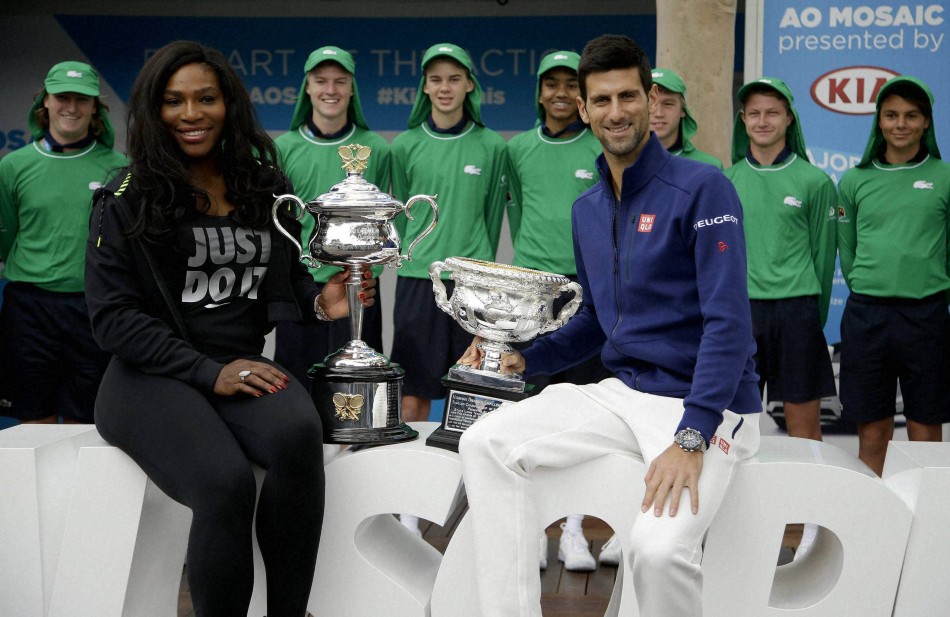
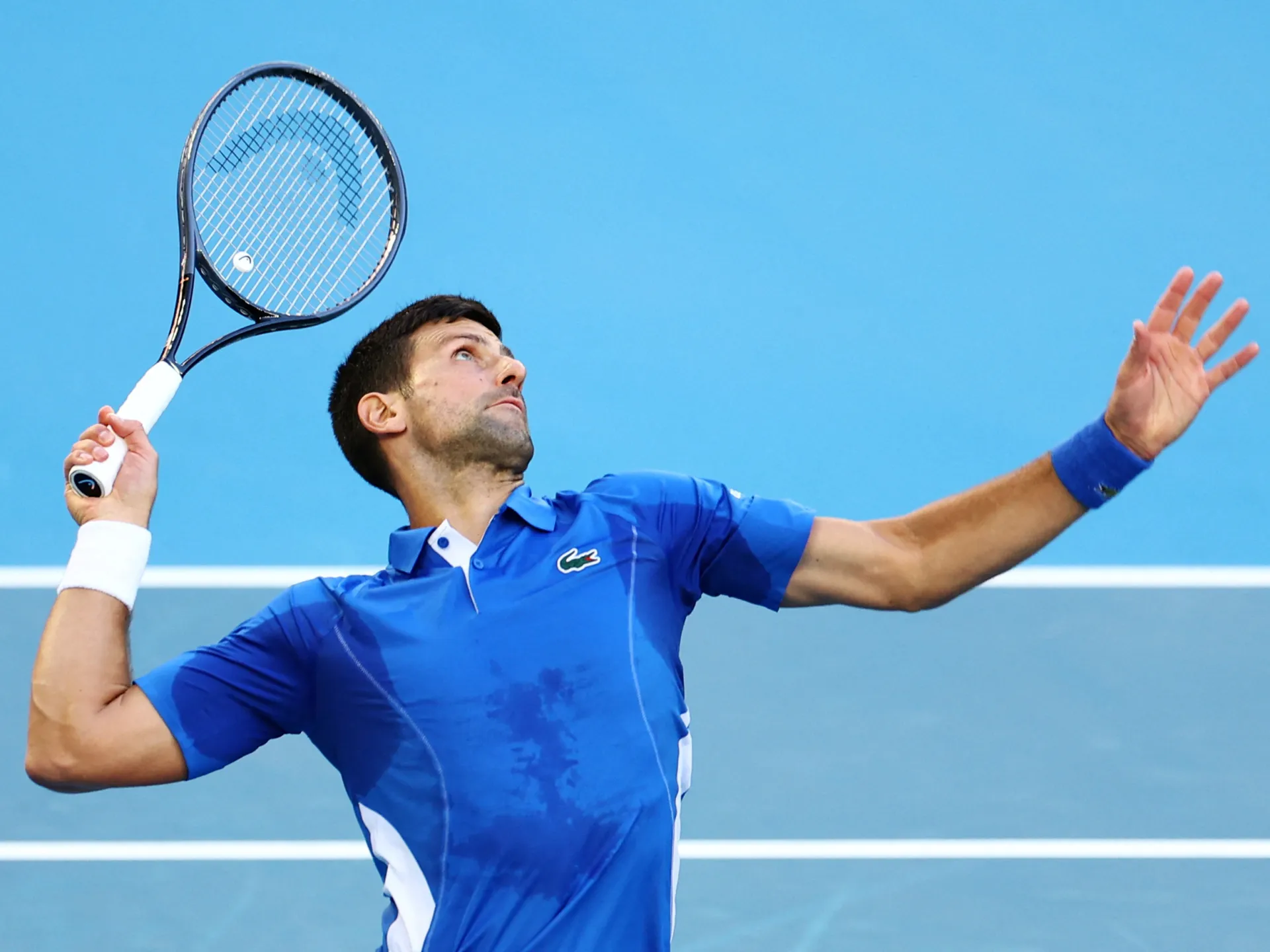
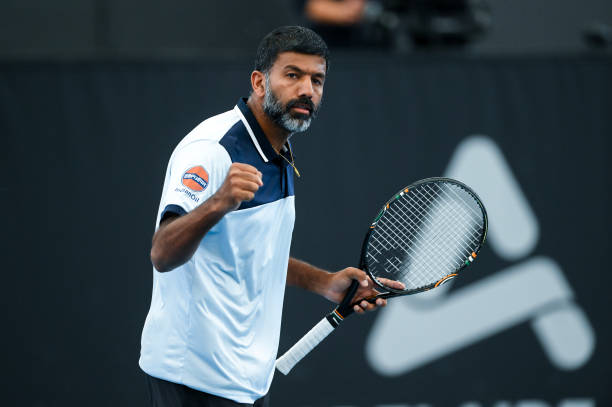
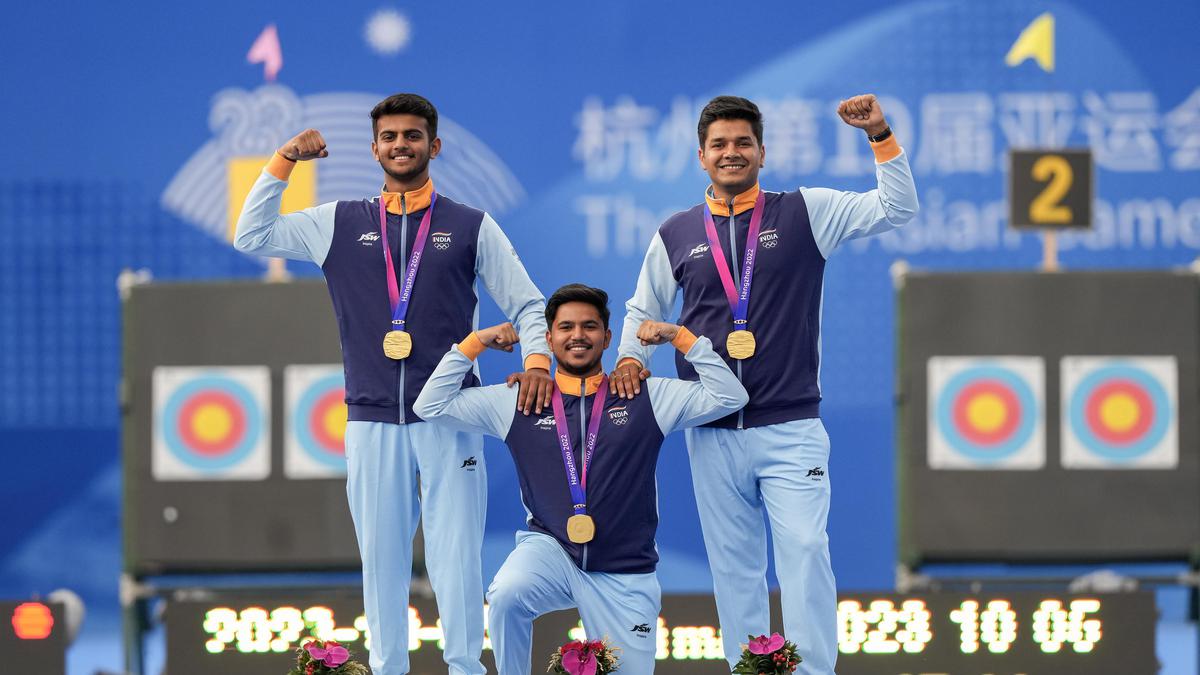
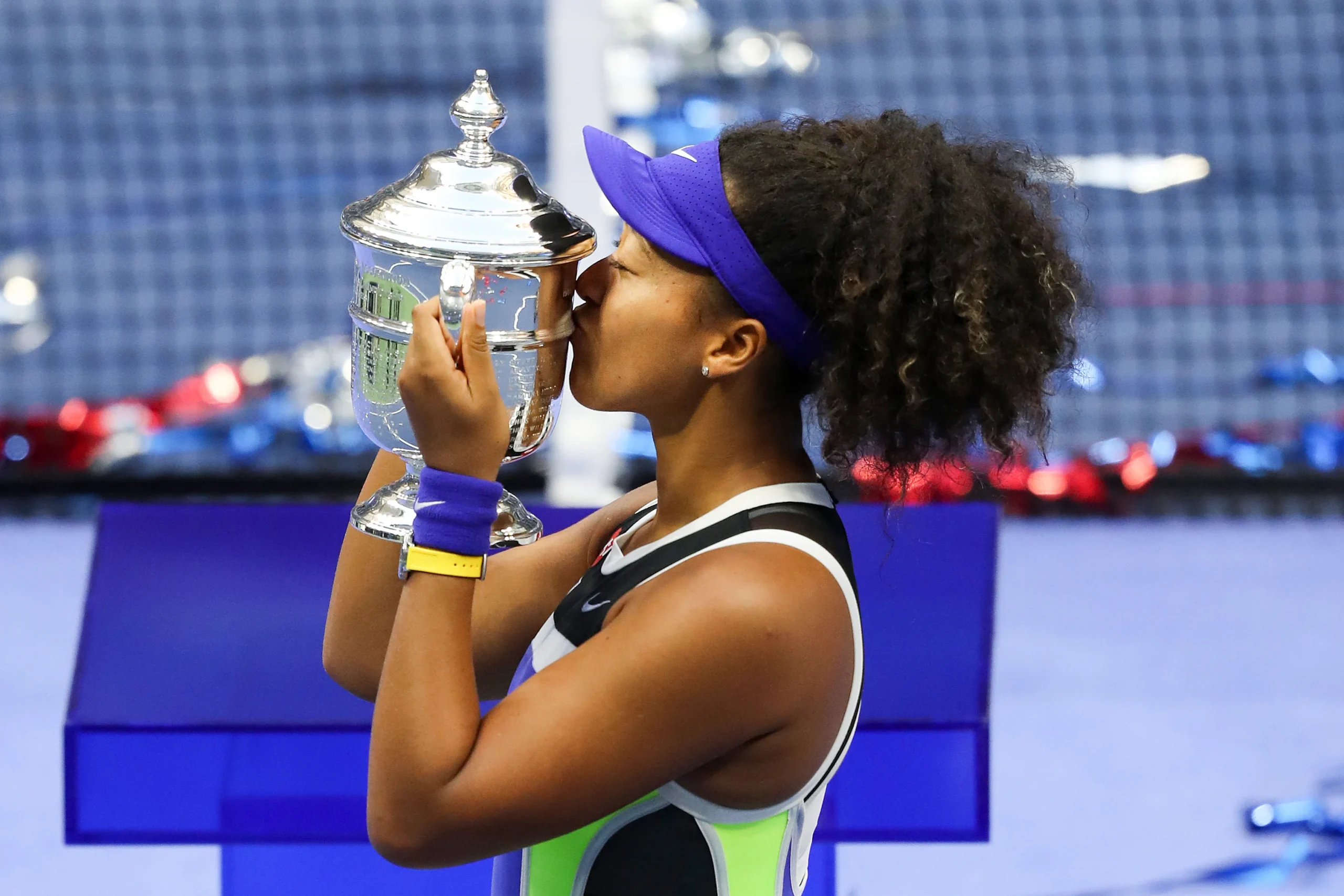
Recent Comments